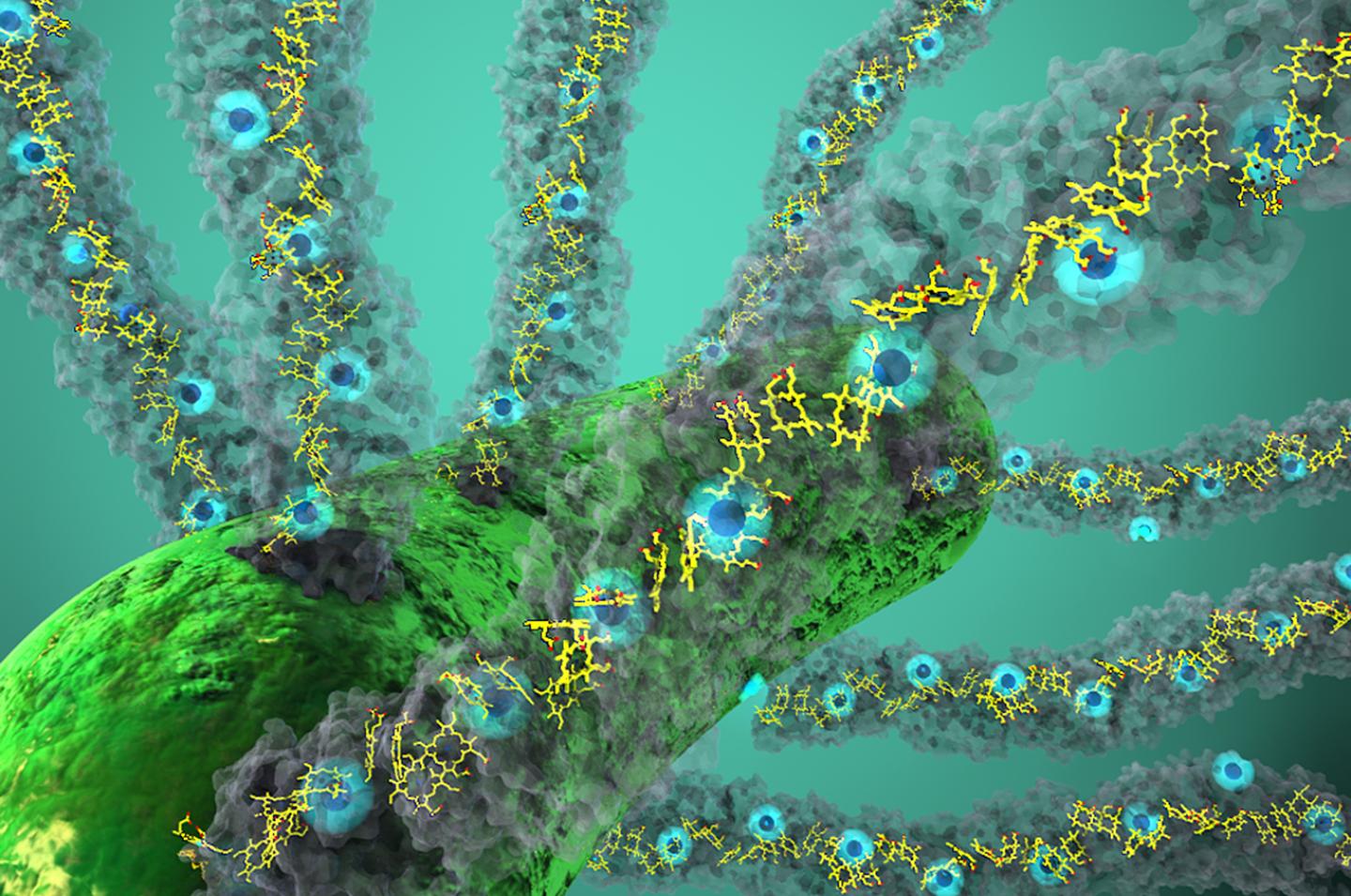In 2016, a historic gift from the Blavatnik Family Foundation helped create Yale’s flagship life science accelerator. Now, the foundation has made an additional $40 million gift that will expand the number of research awards available to Yale faculty and support a wider range of biomedical research.
Run by Yale Ventures, a campus-wide initiative supporting innovation, the Blavatnik Fund for Innovation at Yale supports Yale faculty in translating academic life science research into high-potential healthcare solutions, resulting in spin-out companies, acquisition, or partnership with industry to deliver exciting new biomedical innovations.
Since its launch, the fund has supported 63 different projects through more than $20 million in direct funding for research and fellowships, resulting in the creation of 19 spinoff companies, 3 projects that have achieved FDA Investigational New Drug (IND) status, and 4 clinical trials. Projects supported by the fund have raised an additional $254 million in outside funding beyond gifts from the Blavatnik Family Foundation.

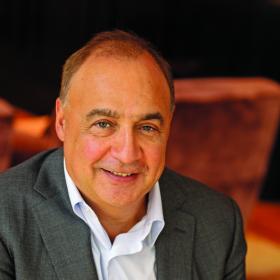


“By supporting Yale faculty, researchers, and entrepreneurs, the Blavatnik Fund has accelerated groundbreaking scientific advances to improve people’s lives,” said philanthropist and foundation founder Len Blavatnik. “I am proud of the fund’s enormously positive impact to date and I look forward to many future discoveries and developments.”
The fund also fosters promising entrepreneurs through the Blavatnik Fellows and the Blavatnik Associates in Life Science Entrepreneurship programs. To date, 20 post-graduate fellows and 70 graduate student associates have gained firsthand research experience through the Blavatnik Associates program. Members of the current class of associates are housed across the university, from Yale School of Medicine and Yale School of Public Health to Yale School of Management and Yale School of Engineering & Applied Science.
“By opening pathways for the flow of ideas from academic research settings into industry, the Blavatnik Fund has helped Yale accelerate the pace of new research and technology for the benefit of society,” says Yale President Peter Salovey ’86 PhD. “I am deeply grateful to Len Blavatnik for his ongoing support of Yale innovations.”
Through training and operational funding, the fund provides Yale faculty with mentoring, exposure, and networking with Yale’s extensive entrepreneurial community. This support also advances research with high potential for improving patient care. A portion of the proceeds from successful ventures, license agreements, and product development is re-invested in the program to fund new research and innovation.
“Since the inception of the fund, the number of startups at Yale has doubled from an average of five per year to ten or more each year,” says Blavatnik Fund director Morag Grassie. “This is generating highly skilled jobs, creating a demand for incubator space in New Haven, and building a vibrant biotech community. This additional $40 million donation from the Blavatnik Family Foundation will enable us to further expand our impact.”




Live Wires
Living things generate electrons as a byproduct of metabolism. As humans, we get rid of excess electrons through breathing in oxygen. But not all living things breathe like us. Bacteria that live in oxygen-limited environments underground or in water, for example, need other mechanisms to “breathe out” extra electrons.
A team led by Nikhil Malvankar, an associate professor of molecular biophysics and biochemistry at the Microbial Sciences Institute at Yale West Campus, discovered that some bacteria were getting rid of electrons via “living wires.”
“We learned that these bacteria were using protein nanowires almost like snorkels to exhale electrons into soil or partner bacteria,” Malvankar says. “This means that these living wires could transmit electricity, connecting living cells to the outside world.”
The advantages—and potential applications—of these living wires are endless. They are biodegradable, regenerative, low cost, and function well in extreme acidic environments. With help from the Blavatnik Fund, Malvankar has found potential applications for this technology in computing, light harvesting, infectious disease treatment, body sensors, and DNA sequencing.
“We are using billions of years of evolution to our advantage here,” Malvankar says. “It’s tough to beat nature’s design.”
Malvankar says that assistance from the Blavatnik team has been essential.
“The fund is a bridge between basic discoveries and commercially viable products that companies can acquire,” Malvankar says. “Scientists aren’t trained to think about what parts of our discoveries are patentable, or what experiments need to be done to make industry leaders confident in investing in our work. Having that private sector expertise from the Blavatnik team has been crucial. Without them, my discoveries would never be able to reach people.”

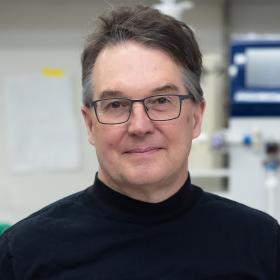


A Lifeline for Lupus
Lupus, an autoimmune disease that is among the leading causes of death for young women, has few successful treatments. Demetrios Braddock, an associate professor of pathology at Yale School of Medicine, hopes to change that.
An expert in rare diseases and novel biologics, Braddock has developed an enzyme that appears to help lupus patients experiencing diffuse alveolar hemorrhage, a life-threatening complication where blood enters the lungs’ airspaces.
“Federal funding sources want to support proven ideas for the most common diseases,” Braddock says. “As a researcher who focuses on rare diseases and novel, out-of-the-box treatment ideas, it can be nearly impossible to access the resources necessary to bring these solutions to the world.”
In initial testing, Braddock’s enzymes were very successful in decreasing fatality rates. Now, his team is working to raise outside funding to manufacture the drugs and test more widely.
“Patients with rare diseases often feel completely abandoned, because they feel like nobody is thinking about their problems,” Braddock says. “Knowing that people are working on promising lupus treatments gives them a lot of hope. The fact that the Blavatnik Fund supports those moonshots and helps bring them to life makes all the difference.”

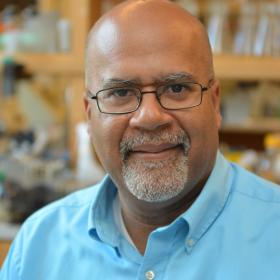


Fighting Antibiotic-Resistant Bacteria
In 1917, Félix d'Hérelle (Yale faculty, 1928-1933) discovered phages: viruses that infect and replicate only in specific bacterial cells. For more than a century, phages have been seen as potential alternatives to antibiotics.
Today, as the antibiotic resistance crisis leads to millions of deaths each year, researchers are turning to phages as a potential solution; using phages to attack bacteria can nullify antibiotic resistance.
“We discovered a phage in a lake in Connecticut and found that when we introduced it to antibiotic-resistant bacteria, the bacteria changed to evolve phage resistance—and those changes made the cells susceptible to antibiotics again,” says Paul Turner, Rachel Carson Professor of Ecology and Evolutionary Biology at Yale University, and microbiology faculty member at Yale School of Medicine.
Turner has moved into clinical trials on phage therapies for bacterial infections in the lung—something he says would have been impossible without support from the Blavatnik Fund.
“It’s early, but we already have critical data showing that inhaling these phages can save people from needing lung transplants and very directly save lives,” Turner says. “These treatments are particularly valuable for individuals with cystic fibrosis who are constantly under attack by bacterial pathogens that enter their lungs.”

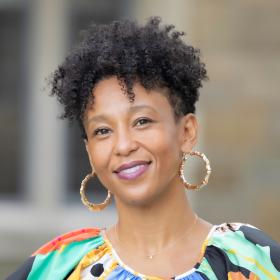


Clean Water, Clear Breathing
At a round table discussion with Yale physicians and researchers, biomedical engineering professor Anjelica Gonzalez met a pediatric emergency medicine doctor who shared with the group her experiences in Uganda and Rwanda, where she saw physicians struggle to treat babies with respiratory issues.
“The problem wasn’t that the physicians didn’t know how to treat the problem or that they didn’t have the best and brightest technology,” Gonzalez said. “It’s that the existing technology was predicated on the assumption that doctors would have access to advanced infrastructure and to clean water.”
But in much of the world, the sterile water needed to run these devices is hard to come by. So Gonzalez returned to her lab and began work on a device that could sterilize water while providing breathing support.
Now, thanks to Blavatnik Fund support, Gonzalez’s technology is working towards gaining FDA approval.
“On top of the financial award itself, the Blavatnik team taught me so much about how a board and investors think about what it takes to bring a product to market,” Gonzalez says. “The process is very different from how academics approach their work and so important for us to learn if we really want to make a difference.”
